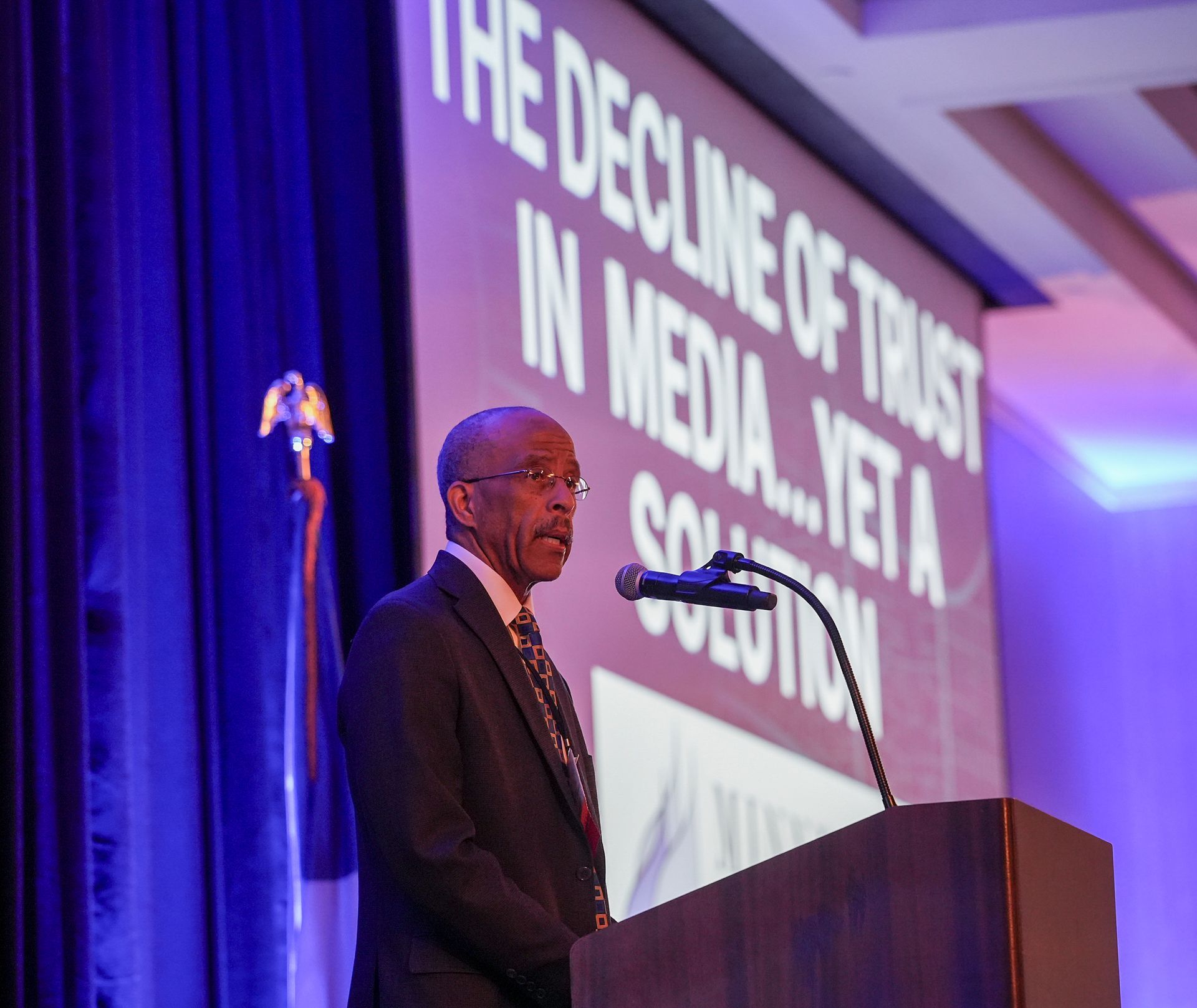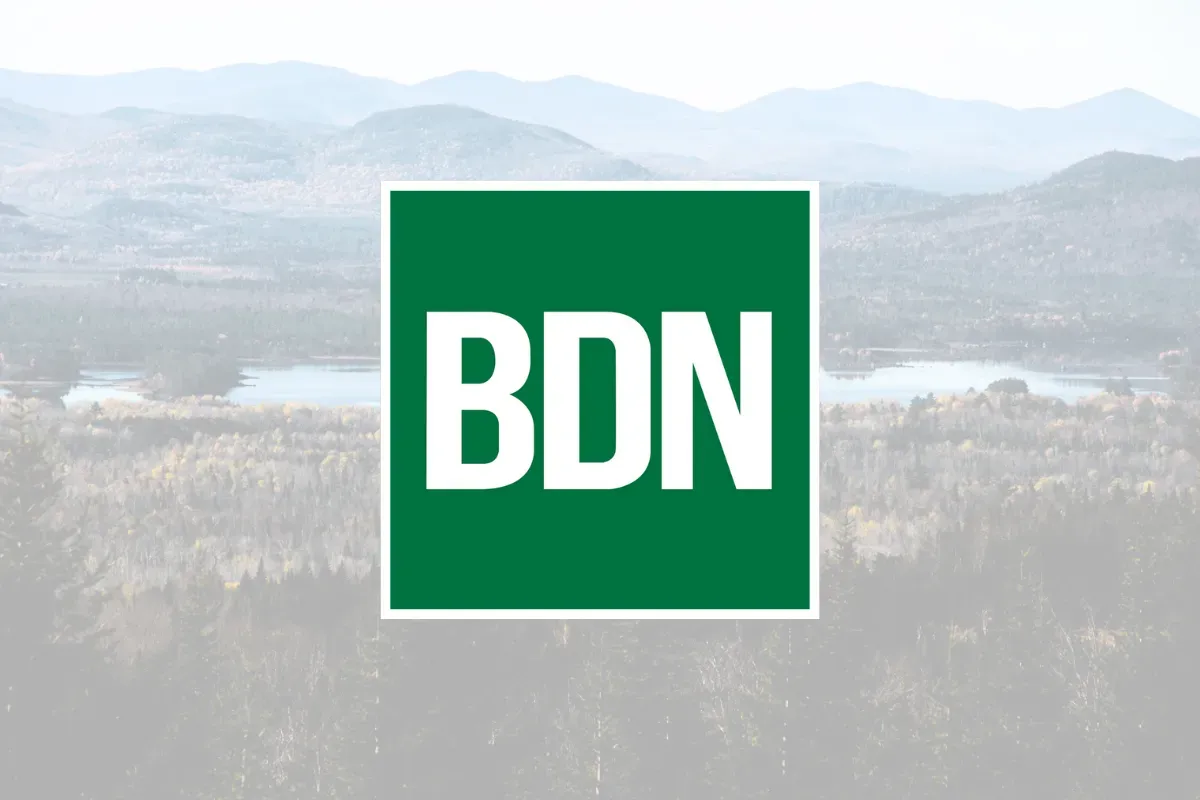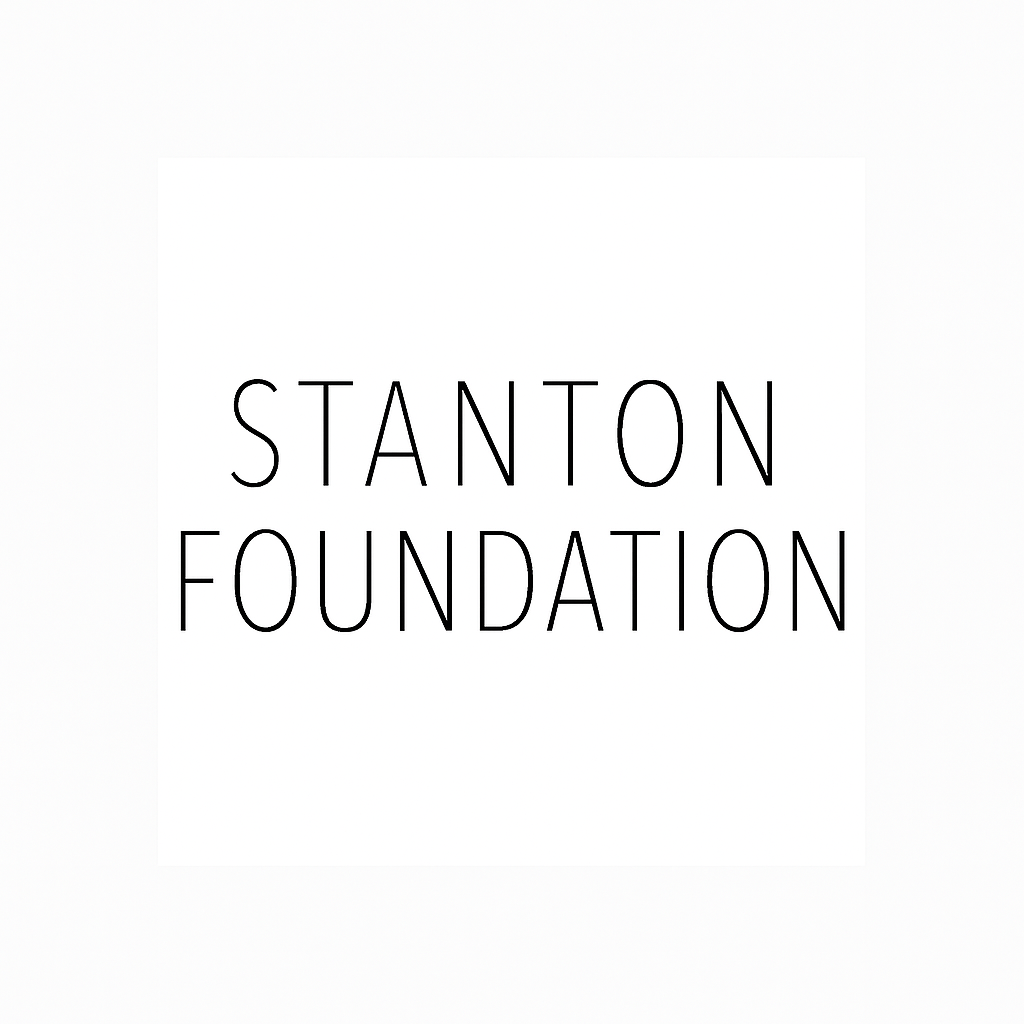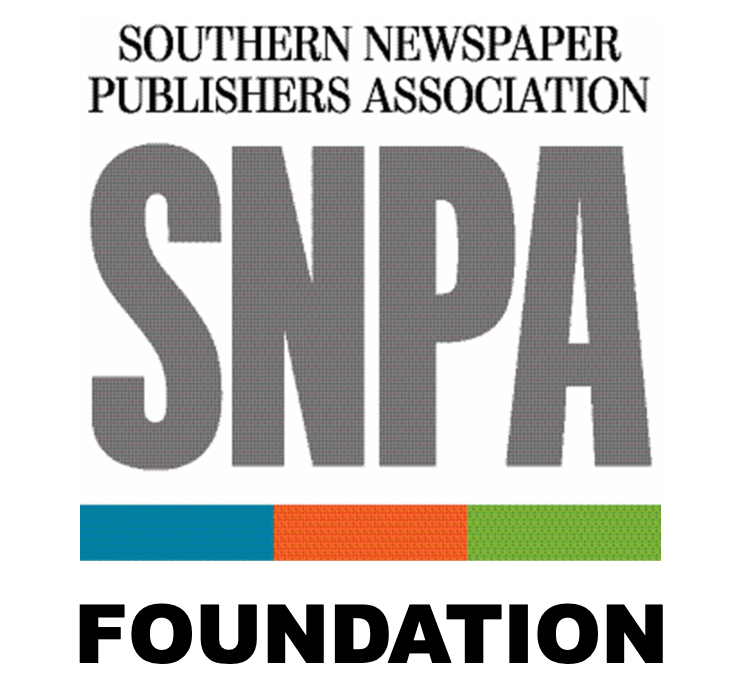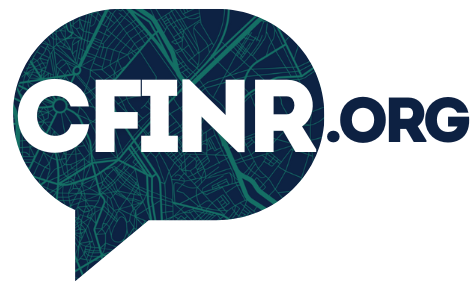Trust in American Media at Historic Low, CFINR Director Warns Press Leaders
JUNE 2025
CFINR
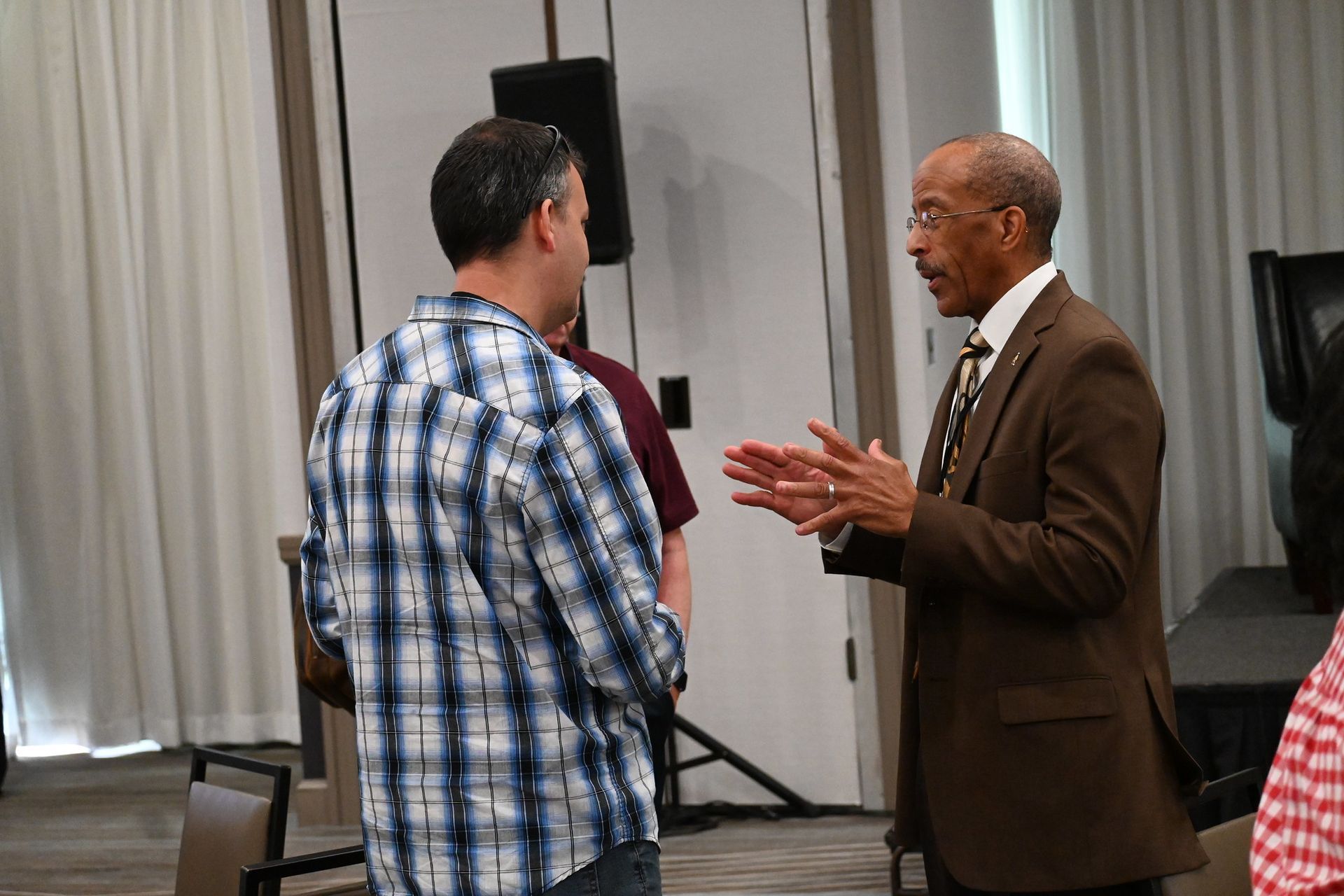
MEMPHIS, Tenn. — Addressing nearly 300 journalists and local news leaders from across Arkansas, Mississippi and Tennessee, the Center for Integrity in News Reporting’s (CFINR) Executive Director, Rufus Friday, delivered a stark warning: the United States ranks last among 46 surveyed countries in public trust in the news and regaining that trust will take deliberate, sustained effort—one decision, one headline, and one newsroom policy at a time.
Friday delivered the keynote address at the Tri-State Press Convention on June 27, 2025. The annual event, hosted jointly by the Mississippi, Arkansas and Tennessee press associations, convened news executives, editors, publishers and reporters from across the region to examine many of the challenges facing local journalism. This year’s programming included sessions on artificial intelligence, the impact of philanthropy on newsroom operations and First Amendment threats.
Friday’s keynote, however, took square aim at what he called “a full-blown trust crisis” in American journalism.
“Trust in the media in America is at its lowest point in 50 years,” he said. “For the first time in Gallup’s polling history, the news media ranks as the least trusted institution in American public life—even below Congress.”
Citing recent data from Gallup, Pew Research Center and the Reuters Institute, Friday outlined a grim picture: only 31 percent of Americans say they trust the media, while 36 percent express no trust at all. In an international comparison, the U.S. ranked dead last in media trust among nearly 50 countries surveyed by Reuters.
He attributed this erosion of credibility to four primary drivers: the blending of news and opinion, the rise of unvetted content on 24/7 cable networks and social media, shrinking newsroom resources, and a philosophical shift in journalism education that, in some cases, questions the value of objectivity itself.
“The standards that once defined the profession—verifiability, impartiality, a commitment to truth—have been undermined by speed, spin, and polarization,” Friday said.
But the keynote also delivered a hopeful message, anchored in the mission of the newly founded CFINR. Founded in March 2024 by media executive Walter E. Hussman Jr., the nonprofit aims to rebuild trust by promoting objective reporting, rewarding journalistic integrity and helping media outlets recommit to foundational values.
“The Center’s mission is simple but ambitious,” Friday said. “We want to reduce bias in news reporting and restore public faith in the profession—starting in the communities where trust hasn’t yet fully collapsed.”
One cornerstone of CFINR’s work is its free-to-enter awards program, which grants $25,000 prizes to journalists who exemplify impartial, fact-based reporting across all platforms. Friday highlighted recent awardees, including Cleo Krejci of the Milwaukee Journal Sentinel and reporters from Cox Media Group and KFF Health News, as examples of rigorous, objective journalism that holds power to account.
“Those awards are more than symbolic,” Friday said. “They recognize that the public can still tell the difference between spin and substance—and they want more of the latter.”
Friday also called on newsroom leaders to publicly post their editorial values, adopt clear standards, and educate their communities on what responsible journalism looks like. He praised media organizations such as WEHCO, owners of 11 news media companies including the flagship Arkansas Democrat-Gazette, which all publish a “Statement of Core Values” prominently on page A-2 of their print products and online and also the Colorado based Clarity Media Group for publishing a daily “Our Commitment” statement, in their news outlets, and he urged others to follow suit.
“If we want to be trusted, we have to be transparent,” he said.
CFINR is currently engaging media outlets in mid-sized U.S. market—regions that Friday described as “often overlooked, but not yet broken.” The Center is also facilitating speaking opportunities, classroom visits and partnerships with journalism schools to re-center objectivity as a professional norm.
Friday closed his address with a reminder that rebuilding trust is not the job of national figures alone.
“Trust isn’t restored by one speech or one survey,” he said. “It’s rebuilt one decision, one correction, one moment of humility at a time. That responsibility belongs to every newsroom in this room.”
The speech was the most recent Friday has made since being named CFINR’s inaugural executive director in late 2024. Prior to his appointment, Friday served in senior publishing roles at the Lexington (KY) Herald-Leader and the Tri-City Herald, in Washington State and held leadership positions at The News & Observer in Raleigh, North Carolina.
“Our work at the Center is just beginning,” Friday told the Memphis audience. “But we cannot succeed without the people in this room. A trustworthy press isn’t a luxury in a democracy. It’s a requirement. And regaining that trust? It’s not someone else’s job. It’s ours.”
Images courtesy of the Mississippi Press Association
